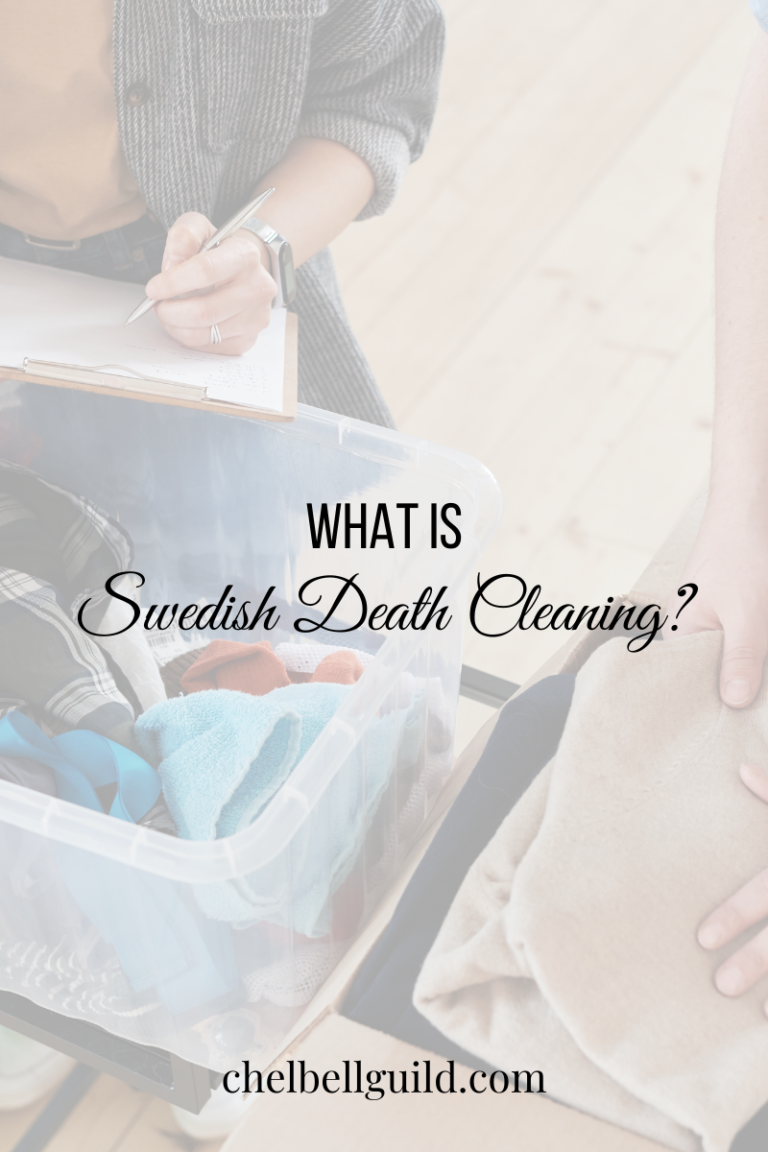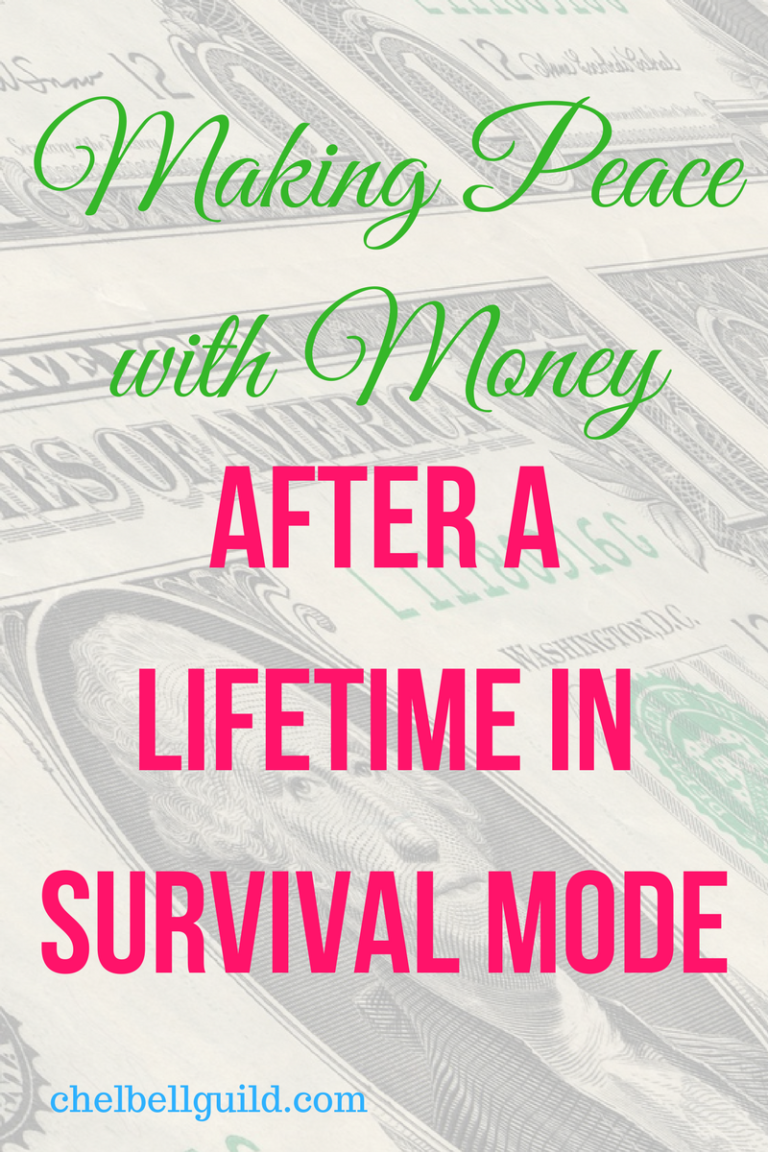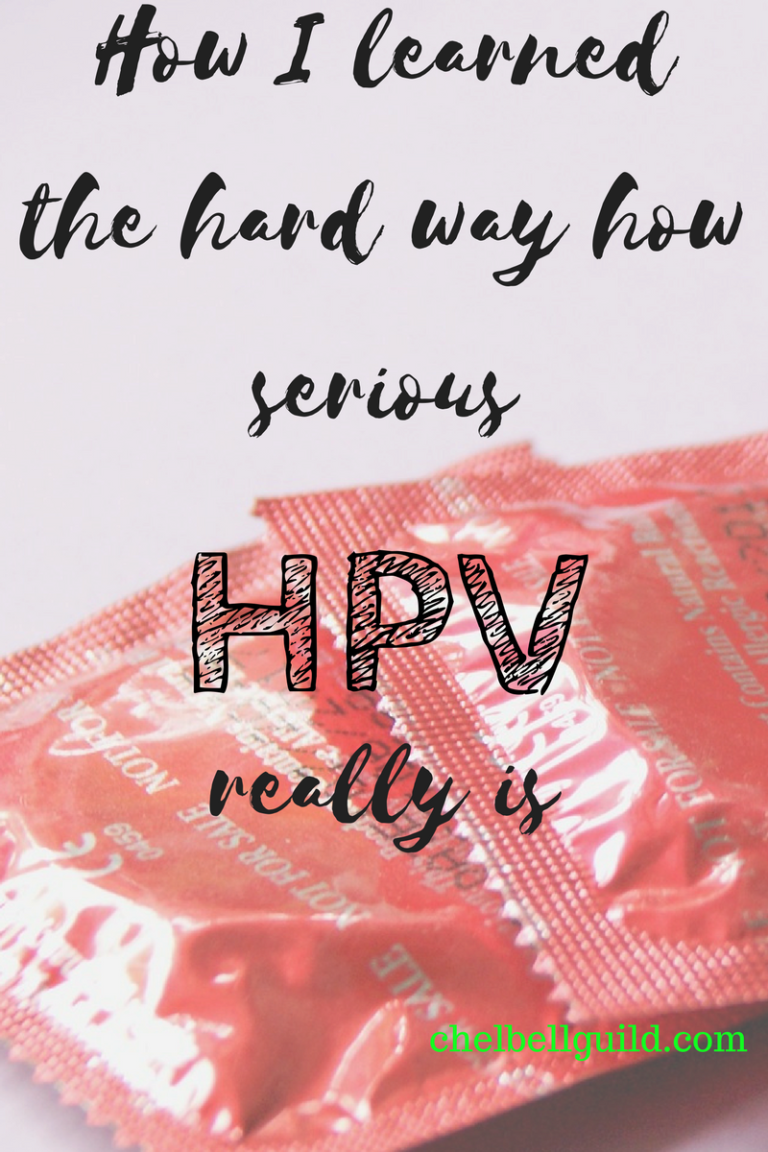Zero Waste…Some of the Time
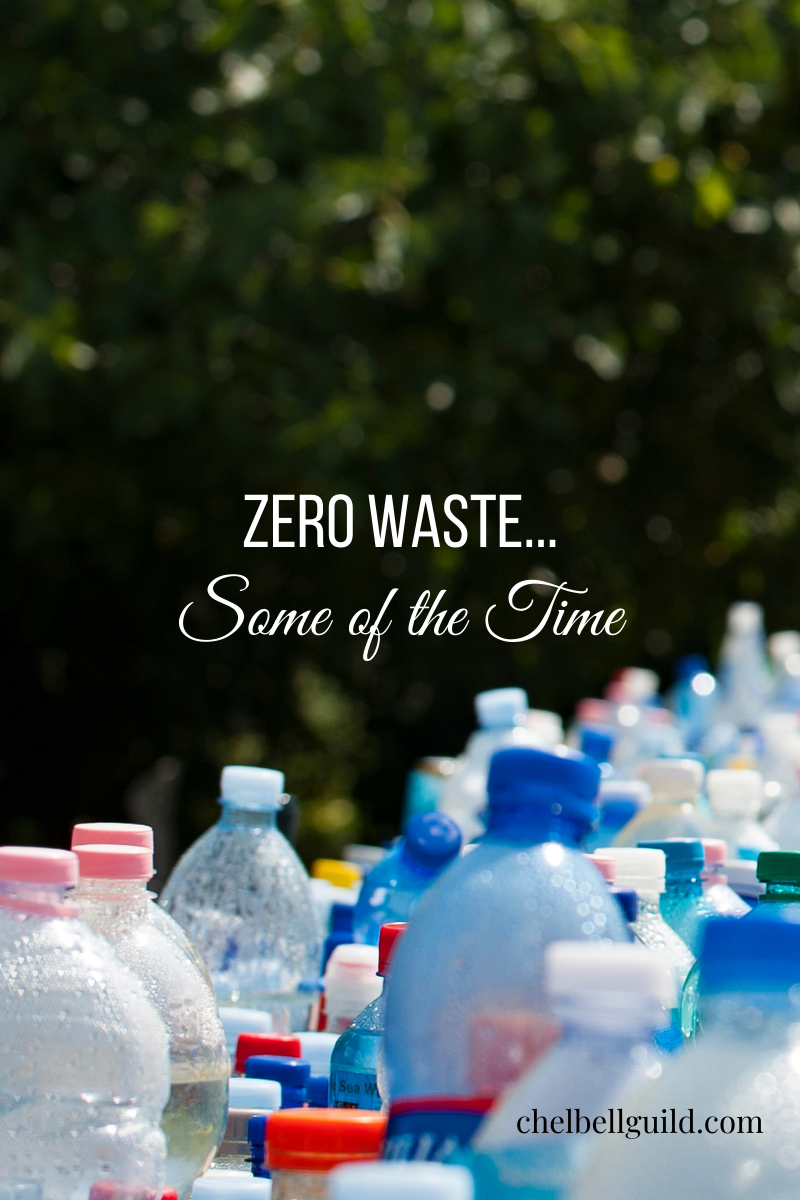
“We don’t need a handful of people doing zero waste perfectly. We need millions of people doing it imperfectly.” -Anne-Marie Bonneau.
Often people know they can’t commit to being totally green, so they don’t bother doing anything earth-friendly at all. Can you imagine if we approached everything else in life that way? “I can’t be a perfect parent, so I won’t have kids.” Absurd, right?
This Earth Day, I’m providing a list of things you can cherry-pick from to start doing your small, but important, part to make this world a better place. Some may mean a shift in the way you’ve been doing things for your entire life, and at first, that may seem inconvenient, more expensive, or out of your comfort zone. Giving yourself permission going in: If you try something and it’s just not realistic, you can always go back to the way you did things before. In no particular order, here are a few ways to reduce, reuse, and recycle right now.
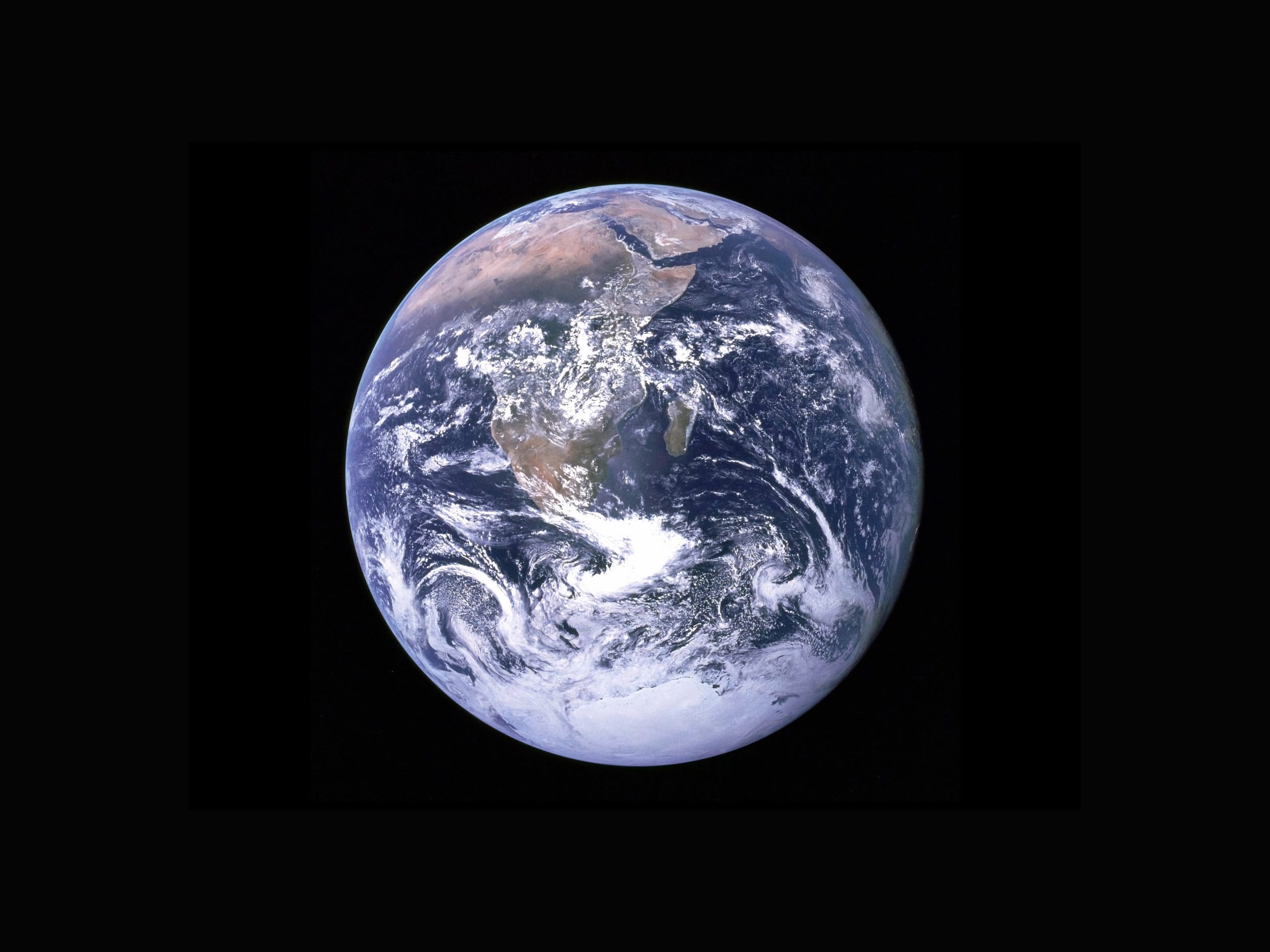
REDUCE
- At the Checkout- The goal here is to stop and think before you make a purchase. That’s all! Most of us mindlessly consume. We buy what we want from whichever brand and store has it for the cheapest. Ask yourself these questions before you buy: Where will this end up ultimately? Do we actually need it? What are these craft supplies made of and am I going to use it once before throwing it away? (Pro tip: Unfollow social media accounts that encourage you to make googley-eyed, glitter-filled, pipe-cleaner and paper-plate-laden crafts with your kids so you won’t be tempted. Yes, there are environmentally friendly crafts you can make instead.) Is there anything else we could use in its place? Can we borrow it from a friend or get it secondhand? Is there a brand that makes it more ethically (maybe using more sustainable materials) or a more earth-friendly store to buy it from? Consuming less (and doing so more thoughtfully) means bringing less into our homes which will eventually end up in landfills. It frees up our money and it forces us to stop using stuff to fill a void.
- In the Kitchen- Grocery shop more strategically. Buying less, or exactly what you need, and then using it all as planned will cut down on food waste. Many meal planning and grocery delivery services provide you with precisely what you need so you won’t be scraping anything into the garbage (or compost bin). Misfit Produce and other companies like it send you fruits and veggies that couldn’t be sold at grocery stores because they were deemed “ugly.” It all tastes the same, right? And while you’re in the kitchen, swap out your paper towels and napkins for the cloth versions. Switch cleaning chemicals, sponges, and brushes to their more sustainable counterparts. Trade in plastic containers for glass or metal, and disposable zip bags for silicone ones. Did you know there’s recycled aluminum foil on the market? All you have to do is look for better options and you’ll find there are plenty.
- In the Bathroom- Bamboo is a plentiful grass that grows much faster than trees, so why then would we continue to use toilet paper made from trees?! Thankfully, TP made out of bamboo and recycled paper exists everywhere and costs just as much as the old stuff. Refill your containers with organic cotton swabs made with bamboo sticks and organic cotton balls while you’re at it. When it comes to feminine hygiene, it’s estimated that we’re EACH tossing anywhere from 5 to 15 THOUSAND pads and tampons into landfills over the course of our lives, according to National Geographic. Switching to a menstrual cup, reusable pads and underwear, or organic pads and tampons will make a huge dent in these numbers. The same goes for cloth diapers. More than 200,000 trees are lost each year just to make disposable diapers, and the United States alone tosses more than 20 billion diapers into landfills per year!!! Remember, you don’t have to use cloth every single time; even replacing one pad or one diaper with a reusable option every now and then will help (your wallet and the planet).
- Travel Wisely- The earth may have gotten a break during the pandemic, but as travel picks back up, consider one fewer flight than usual, or taking a more fuel efficient vehicle on your road trip, or skipping that cruise in lieu of an all-inclusive resort. It’s the same thing without the insane emissions and environmental impact those ships have on our oceans.
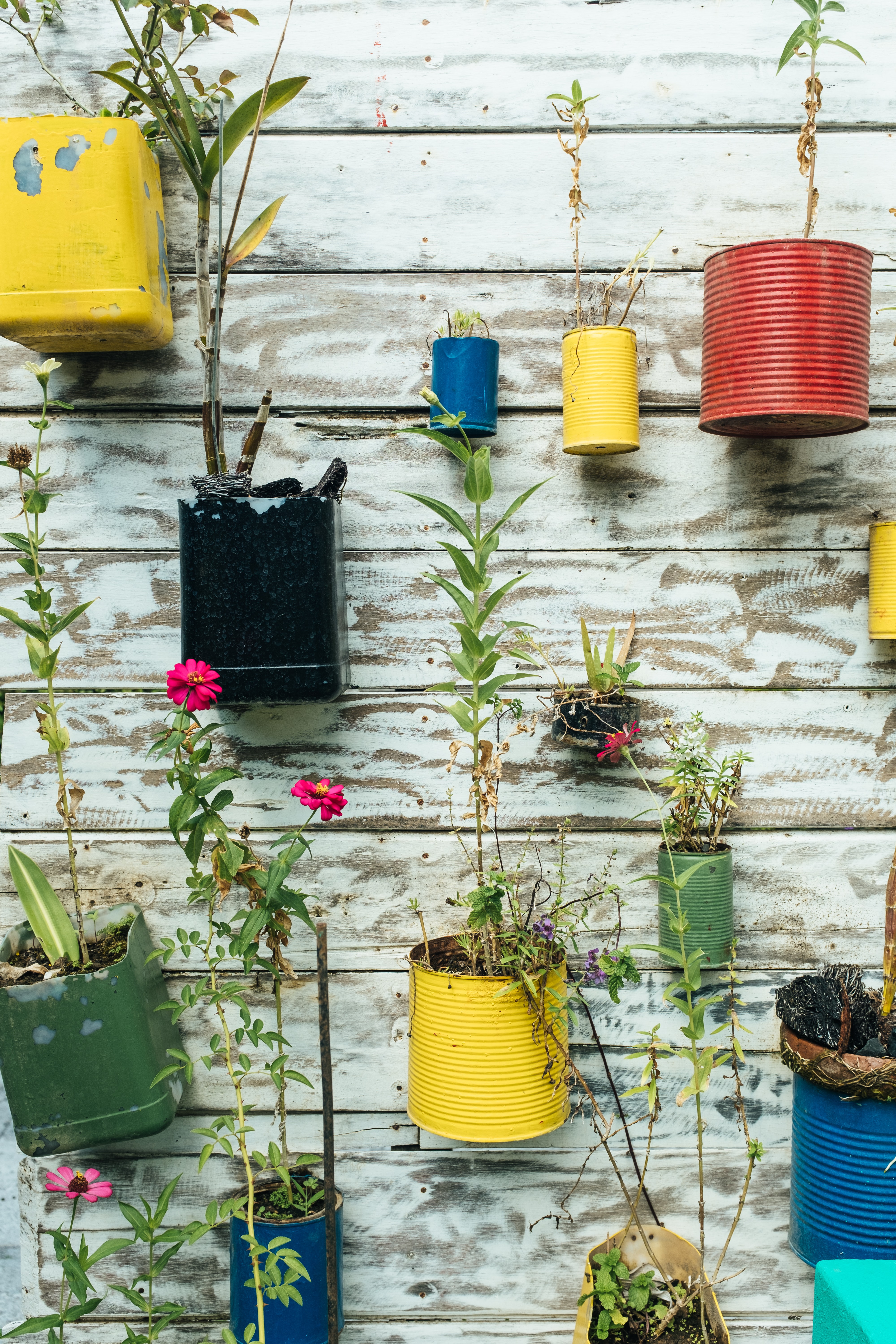
REUSE
- Getting a Second Use- Single-use items are everywhere, even when we try our best to avoid them. We have to ask, “How can I get a second use out of this before tossing it?” If you’re not a crafty person and you’re short on space, you may not want to save every little thing that could be turned into or used for something else. I get it, but whenever possible clean and save the especially high quality glass and plastics you might have otherwise tossed. Also, I add “treasures” to my son’s craft tackle box for him to use on projects later. This means I’m not buying random pom poms, pipe cleaners, sequins or single-use trinkets every time a project calls for them.
- Repair it- Take your clothes to a tailor to be repaired instead of throwing them away or donating. And while clothes are a big culprit, there are many things we can either fix for ourselves or take in for repairs before getting rid of them. Think twice, use Google, and ask around!
- Buy Used- Any financial expert will tell you that buying a used car is the way to go, but it can also be your way of saving the planet. Unless, of course, the alternative would be buying an electric vehicle or a hybrid. When it’s time to get a new phone or computer, do the same. Find a reputable seller online and buy refurbished. Need furniture? Try Facebook Marketplace or Offer Up. Try to find what you’re looking for at a consignment shop, garage sale, or secondhand store. Once, I invited friends over and told them to bring clothes and shoes they wanted to trade. We each set up a station in my living room and drank wine while “shopping” each others’ cast-offs. You can also search for “buy nothing” and “sell nothing” groups online.
- Compost- Reuse some biodegradable, household waste by turning it into nutrient-rich soil for your garden. You can do it yourself or hire a company to do it for you.
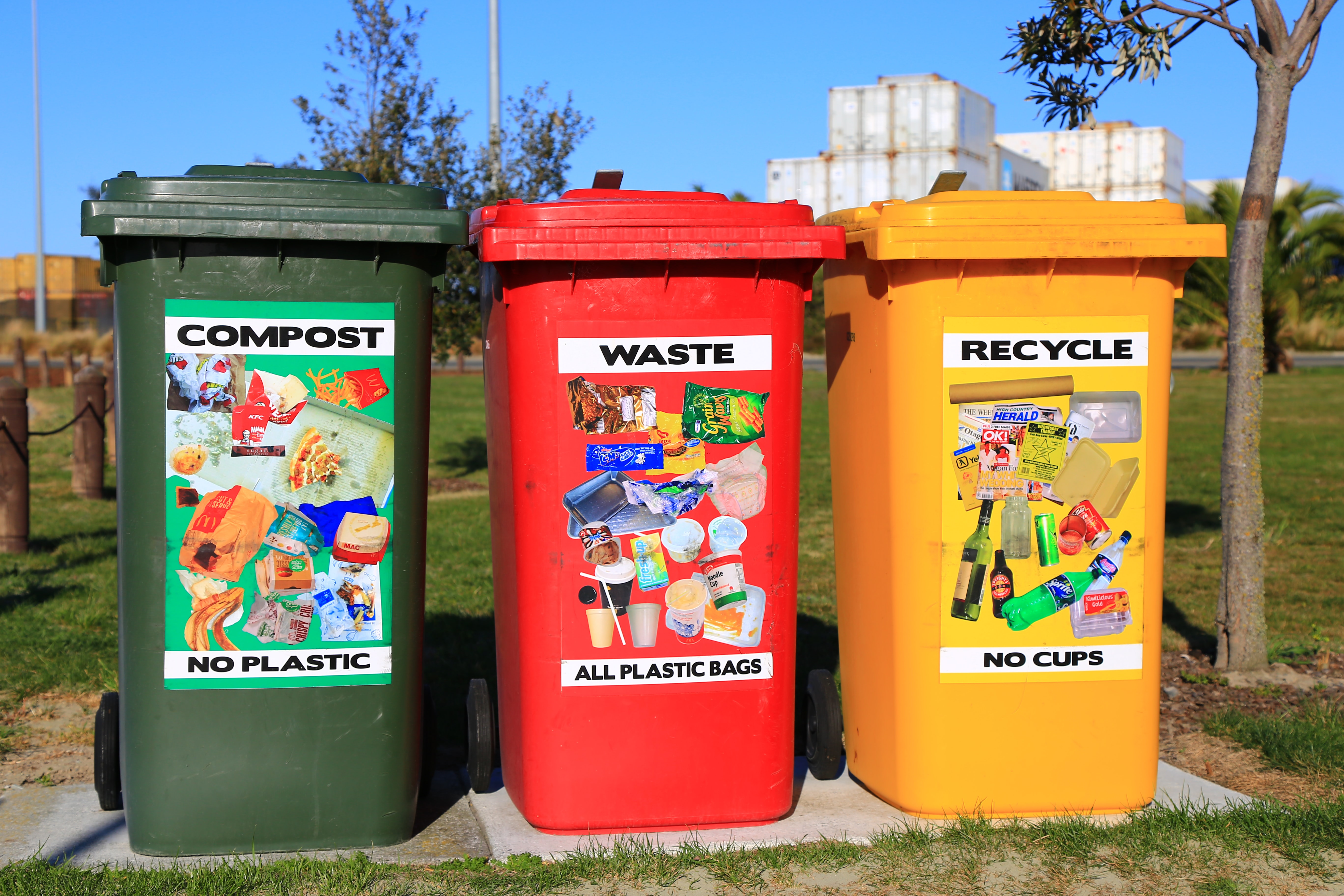
RECYCLE
- Cosmetics Containers- Cosmetics aren’t typically something you can toss into your curbside recycling bin. Origins cosmetics stores, however, will accept empty containers from any brand and they’ll even reward you with points towards free products for doing so! I keep a designated bag for all of my empties and when it’s full, I bring it into my local Origins shop.
- Markers & Pens- Do you realize how many plastic markers and pens you throw out every year (I’m looking at you, parents and teachers!)? Instead of tossing them, put them in a bag or envelope and mail them to Crayola when it’s full. How inconvenient will it really be to collect them for a little while versus sending them off to live in a landfill forever? Some office supply stores will also accept drop-offs of this nature, so you don’t have to save them until you have a large quantity, and the same goes for printer ink cartridges. Call your local waste management company to find out how to safely dispose of batteries as well. Reminder: What’s in our landfill eventually makes its way into our food and water.
- Curbside Pickup- I know many people who feel that recycling in our country is a broken infrastructure at best and a big conspiracy theory at worst. I encourage you to go see your local recycling facility for yourself to see what’s true, if you are concerned. Otherwise, these theories and complaints are just excuses to avoid recycling. Remember, your tax dollars are paying for this service anyway. Tossing a recyclable piece of garbage into the appropriate bin and taking it to the curb is one of the easiest ways we can do our part. Sure, to do it properly, we need to separate items, use water to clean out certain containers, and remember NOT to toss contaminants into the bin that could soil all of the contents on the conveyor belt that day (plastic bags and pizza boxes are big offenders, for example). But these are small inconveniences and easy habits to create. Knowing how big of a problem plastics are, I take things a step further and often bring home bottles I’ve used in public when I can’t find a recycling receptacle. Other than possibly being seen as a crazy person, there is no cost to me to do this.
We’ve just scratched the surface of little things we can do to save the planet, but this Earth Day, I hope you’ll remember that doing something is better than doing nothing. It’s easy to feel overwhelmed, so start with baby steps, and don’t make the goal to become a zero waste household. Often the answer is just to think twice before consuming, about the way you’re consuming, and what to do with the byproducts when you’re done consuming. If even one choice you make is an earth-friendly one, you’re making progress.

